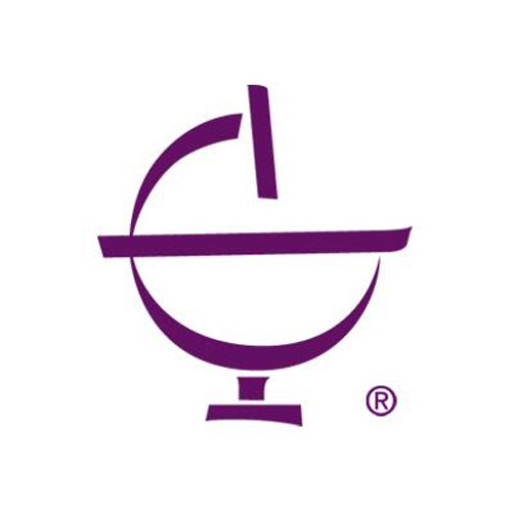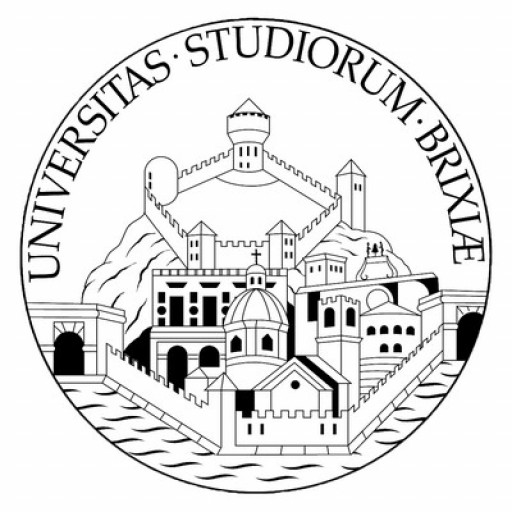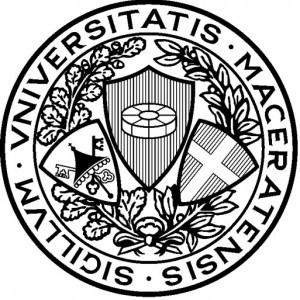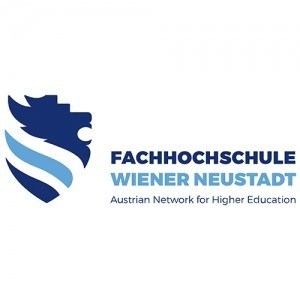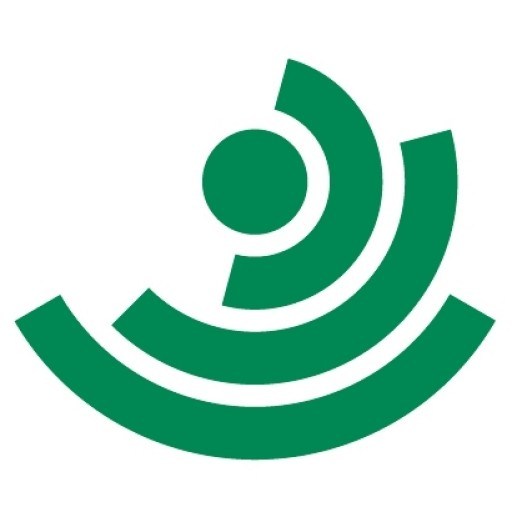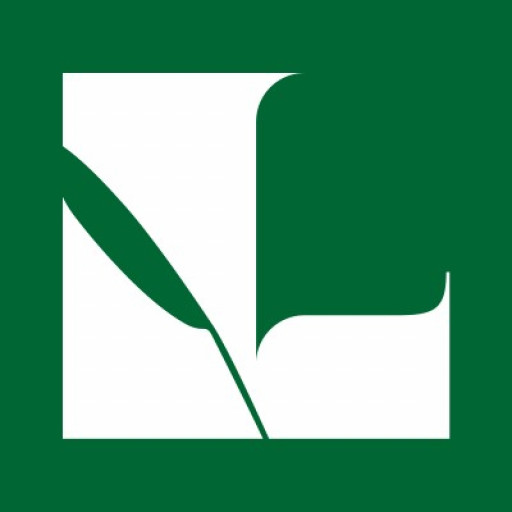The Counseling program at Excelsior College is designed to prepare students for a variety of careers in mental health, guidance, and therapeutic services. This comprehensive curriculum provides students with a solid foundation in psychological principles, counseling techniques, ethical practices, and human development. Throughout the program, students engage in both theoretical coursework and practical applications, equipping them with the skills necessary to effectively assist individuals, families, and communities facing emotional, psychological, and behavioral challenges. The program emphasizes evidence-based practices, cultural sensitivity, and professional ethics, ensuring graduates are well-prepared to work in diverse settings such as schools, clinics, community agencies, and private practices.
Students in the program learn about key areas including human growth and development, counseling theories, assessment methods, and intervention strategies. They also explore topics related to career development, social and cultural influences, and disorders that affect mental health. The curriculum integrates coursework that develops critical thinking, communication, and interpersonal skills, which are vital for building trust and rapport with clients. Additionally, the program offers opportunities for practical experience through supervised fieldwork or internship placements, allowing students to apply their learning in real-world scenarios under professional guidance.
The program is suitable for individuals seeking to enter the counseling profession as well as those who may wish to continue their education at higher levels, such as pursuing a master’s degree in counseling or related fields. It is designed to meet the educational preparation requirements for various counseling roles, and graduates may be eligible for licensure or certification depending on the state's regulations. Excelsior College’s flexible online format allows students to balance their studies with personal and professional commitments, providing accessibility to learners across different regions. Upon completion of the program, students will have gained a comprehensive understanding of the counseling field, the ability to assess client needs effectively, and the skills to develop tailored treatment plans. This program ultimately aims to empower students to make positive differences in the lives of individuals and communities through compassionate, ethical, and effective counseling practices.
The Total Masters of Counselling is a PACFA accredited Class [Psychotherapy and Counselling Federation of Australia - PACFA].
Bachelor Degree OR Provisional admission to the Graduate Diploma of pupil may be granted where an applicant has a composite of prior learning, practitioner abilities or Profession experience deemed by the Admissions Committee to be equivalent to an undergraduate degree. Applicants given provisional admission will normally need to perform two bridging units before beginning the Graduate Diploma.
Funding options for the Counselling program at Excelsior College include a variety of financial aid opportunities designed to assist students in managing the costs of their education. Students are encouraged to explore federal and state financial aid programs, including grants, scholarships, and loans, by filling out the Free Application for Federal Student Aid (FAFSA). Excelsior College offers a range of scholarships specifically aimed at supporting students pursuing degrees in counseling and related fields, which can provide significant financial relief. Additionally, the college provides information about employer tuition reimbursement programs, which may be available to students who are employed and wish to advance their careers through further education.
Many students opt for federal student loans, which often have lower interest rates and flexible repayment options, making them a viable way to finance their studies. Excelsior College also offers payment plans that allow students to spread out tuition payments over a period of time, reducing the immediate financial burden. Furthermore, students are encouraged to seek external scholarships from professional associations, community organizations, and private foundations dedicated to supporting future counseling professionals.
International students should investigate scholarships and financial aid offered by their home countries or private organizations that support international education. The college’s financial aid office provides personalized assistance to help students identify all available funding sources and navigate the application process effectively. It is important for students to apply early and maintain good academic standing to stay eligible for continuous financial aid.
In summary, financing a counseling degree at Excelsior College involves exploring federal and state aid options, institutional scholarships, employer reimbursement, external grants, and installment payment plans. With diligent research and proactive planning, students can significantly reduce their educational expenses and achieve their academic and professional goals in the field of counseling.
The Counseling program at Excelsior College is designed to prepare students for various roles within mental health, school, or community counseling settings. This program emphasizes the development of essential skills such as effective communication, ethical practice, assessment, and intervention strategies. Students will learn about human development, counseling theories, and the legal and ethical considerations necessary for competent practice. The curriculum typically covers key areas like individual and group counseling techniques, psychopathology, multicultural counseling, and career development, ensuring graduates are well-equipped to address diverse client needs. Excelsior College’s counseling program aims to foster critical thinking and cultural competence, which are vital in providing respectful and effective services. The flexible online delivery format allows students to balance their studies with personal and professional commitments, making it accessible for working adults. Graduates of the program may pursue licensure or certification depending on state requirements and are prepared for entry-level positions in settings such as schools, mental health clinics, or community organizations. The program also offers foundational knowledge necessary for those interested in advancing to graduate study in counseling or related fields. This comprehensive approach ensures students acquire not only theoretical knowledge but also the practical skills necessary for successful counseling practice. The college’s focus on current industry standards and ethical practices aims to produce competent professionals ready to serve diverse populations with empathy and professionalism.
